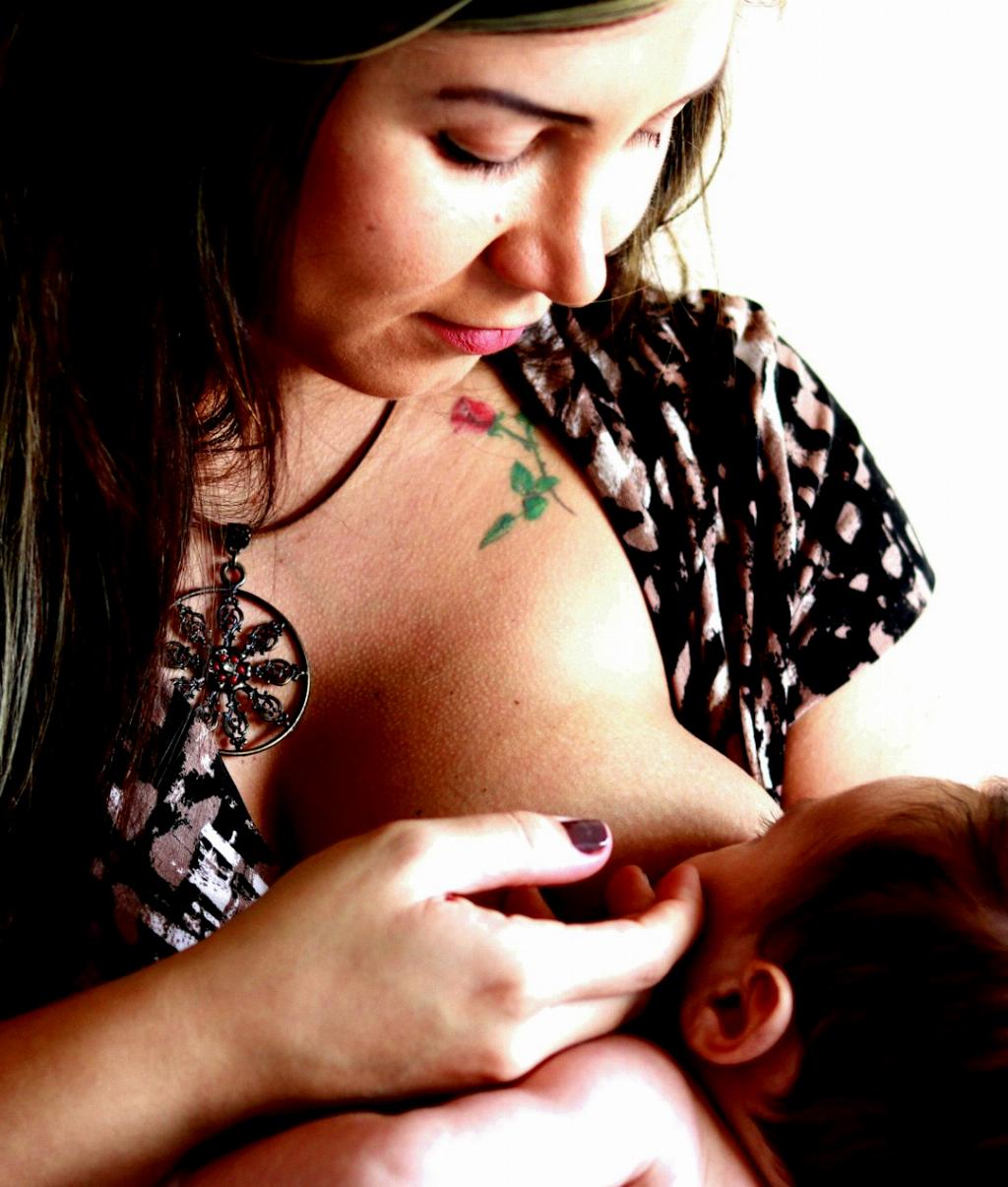When it comes to postpartum weight loss, there is a common belief that breastfeeding can help in shedding those extra pounds faster. Research studies have shown that there is indeed a correlation between breastfeeding and weight loss, with exclusive breastfeeding for at least 3 months resulting in greater weight loss at 12 months postpartum compared to women who did not breastfeed or breastfed non-exclusively.
The study revealed that women who exclusively breastfed for at least 3 months experienced an average weight loss of 3.2 pounds at the 12-month mark postpartum. Additionally, there was a 6.0-percentage-point increase in the probability of returning to the same or lower BMI category among women who exclusively breastfed compared to those who did not.
One of the reasons behind this association is that breastfeeding burns extra calories. When a mother breastfeeds, her body uses extra calories to produce milk, which can aid in weight loss. Additionally, breastfeeding triggers the release of the hormone oxytocin, which can help the uterus return to its pre-pregnancy size faster.
Another factor that contributes to weight loss during breastfeeding is that it can help women make healthier food choices. Many new moms become more conscious of their diet when breastfeeding, as they want to provide the best nutrients for their baby through breast milk. This focus on nutrition can lead to healthier eating habits, which in turn can support weight loss.
It’s important to note that individual experiences with breastfeeding and weight loss may vary. While some women may find that breastfeeding helps them lose weight more quickly, others may not see the same impact. Factors such as metabolism, genetics, overall health, and lifestyle choices can also play a role in postpartum weight loss.
One potential downside is that some women may experience increased hunger while breastfeeding, which can lead to overeating and make it challenging to lose weight. It’s important for breastfeeding mothers to listen to their bodies and eat when hungry, but to focus on nutrient-dense foods that support both their own health and milk production.
Consulting with a healthcare provider or a lactation consultant can be beneficial for new mothers who are concerned about weight loss while breastfeeding. These professionals can provide personalized advice and support based on individual circumstances, helping women make informed decisions about their diet and exercise routines.
Ultimately, while breastfeeding can be a contributing factor to postpartum weight loss, it is not a guaranteed solution for everyone. It’s essential for new mothers to prioritize their overall health and well-being, focusing on nourishing their bodies with nutritious foods, staying hydrated, getting adequate rest, and engaging in gentle physical activity as they navigate the postpartum period.
Every woman’s breastfeeding journey and experience with postpartum weight loss is unique, and it’s important not to compare oneself to others. The most important thing is to listen to your body, seek support when needed, and make choices that promote both your health and the well-being of your baby.
In conclusion, while breastfeeding can play a role in aiding weight loss postpartum, it is just one piece of the puzzle. Balancing proper nutrition, self-care, and physical activity are essential components of a healthy postpartum journey, supporting both maternal well-being and the overall health of the newborn.

